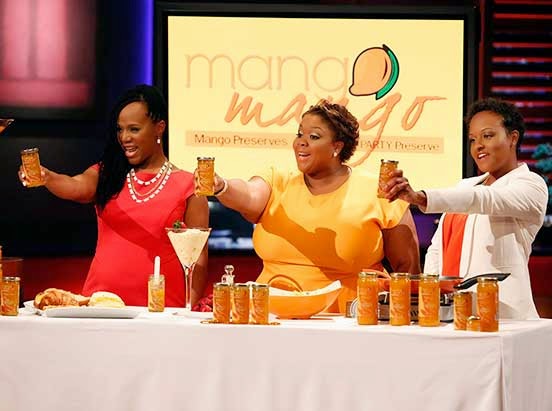 By: Michael Barbera
By: Michael BarberaStrategy Consultant
@mbarberausa
One of the key reasons for any company to be denied private equity funding is the lack of solving a problem in the consumer’s life. Yet although it's not a requirement, Mango’s handicap doesn't improve with their industry, as the food service industry is notorious for offering extremely low profit margins. And as any avid Shark Tank watcher can tell you, the higher the profit margins, the higher chance of getting an investment. But even though there were two serious handicaps at this point, all Sharks were still in and the business had a chance of receiving capital. Why? Because the product was that good!
The final remaining variable that could help secure an angel was the cash flow of the business. Mango’s COGS (cost of goods sold) were quite high, at nearly $3.00 per jar. With a sale price of $6.00, this leaves Mango with a 50% profit margin before operating expenses and distribution. The motivated ladies of Mango were not receptive to third-party manufacturing and distribution, which would eventually lead to less production, less sales, and exhaustion. This naturally caused Kevin O’Leary to utter his infamous words, “you made a hobby”, which is true for all businesses that don't generate profit. make any money.
In the end, Mango Mango Mango didn't receive any offers from the Sharks, which was ultimately for the best. They are better off using their own capital for growth, rather than seeking equity-based capital in the food service industry.

This comment has been removed by the author.
ReplyDelete
ReplyDeletewatch Mayweather Vs Berto Live online
how to watch mayweather vs berto figh online ppv
mayweather vs berto tv broadcast
how to watch floyd mayweather vs andre berto fight
how to watch floyd mayweather vs andre berto fight
Your blog was too good. i really appreciate with your blog.Thanks for sharing.
ReplyDeletehttp://www.cricinfobuzzlive.com/
ind vs sa series 2015 schedule
india vs south africa t20 odi test match time table
india vs south africa series october 2015